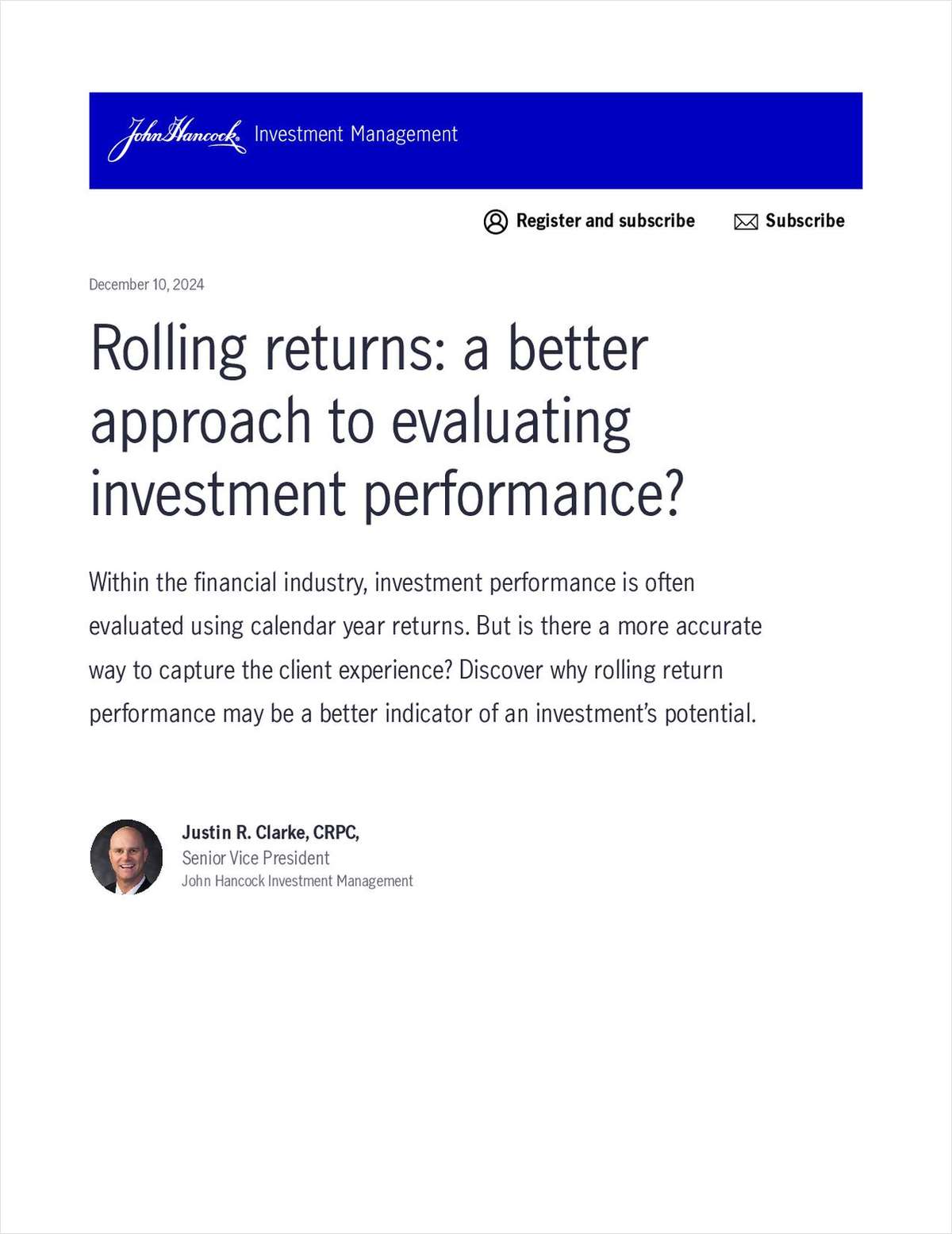
NOT FOR REPRINT
Why prospecting fails and what to do about it
By
John Graham
February 17, 2017 at 04:30 AM
Share & Print
NOT FOR REPRINT
© 2025 ALM Global, LLC, All Rights Reserved. Request academic re-use from www.copyright.com. All other uses, submit a request to [email protected]. For more information visit Asset & Logo Licensing.







